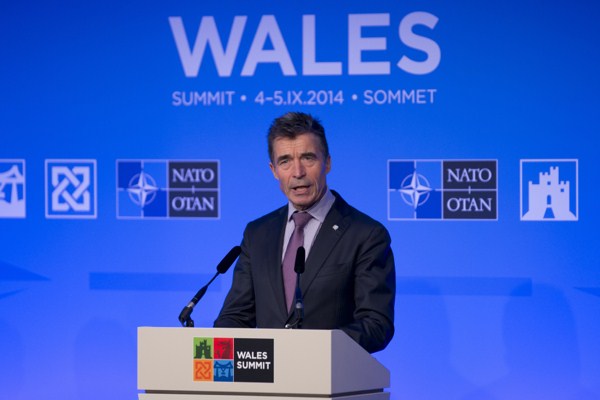There was fighting talk at last week’s NATO summit in Wales. The alliance’s leaders pulled few punches in criticizing Russia’s actions in Ukraine and agreed on plans to counter future provocations by Moscow. The U.S. corralled a posse of its allies to coordinate the fight in Iraq against the Islamic State. After a summer characterized by global turbulence and ill-concealed uncertainty in both the U.S. and Europe over how to react, the summit signaled that the West has some sense of shared purpose.
Yet it will take more than a decent conference to restore the Western powers’ vim and vigor. President Barack Obama and his European counterparts are laboring in the shadow of three painful defeats, even if it is politically impossible for alliance leaders to label them as failures.
The first is NATO’s exhausted quest to establish stability in Afghanistan, which caused rifts in the alliance as the U.S. pushed its European partners over the past decade to send more troops and take greater risks for the mission. While the Ukrainian crisis currently dominates the headlines, the scars of the Afghan campaign are not yet fully healed.

